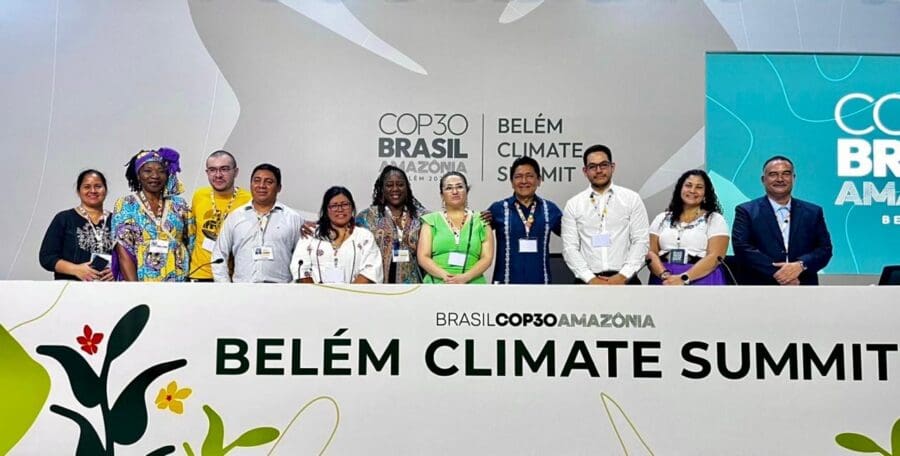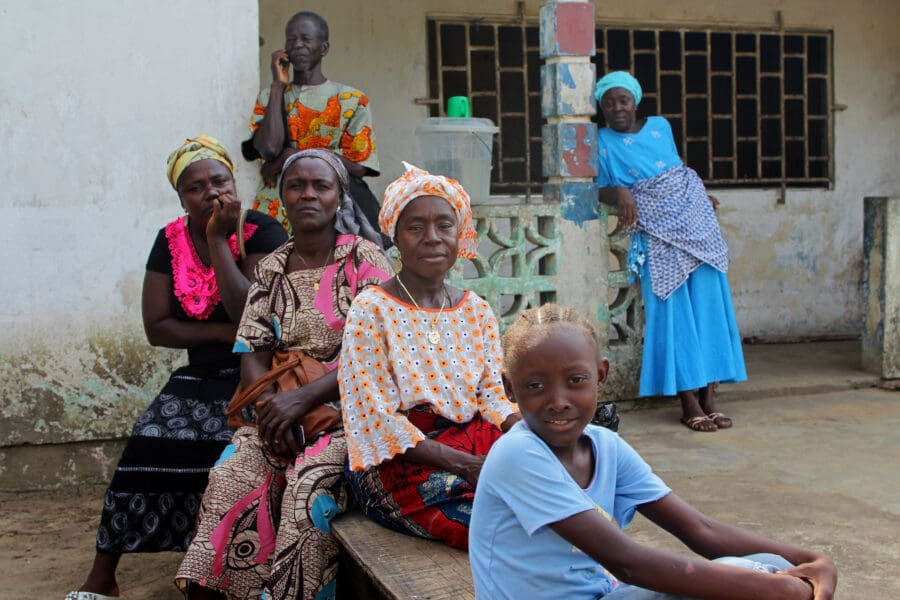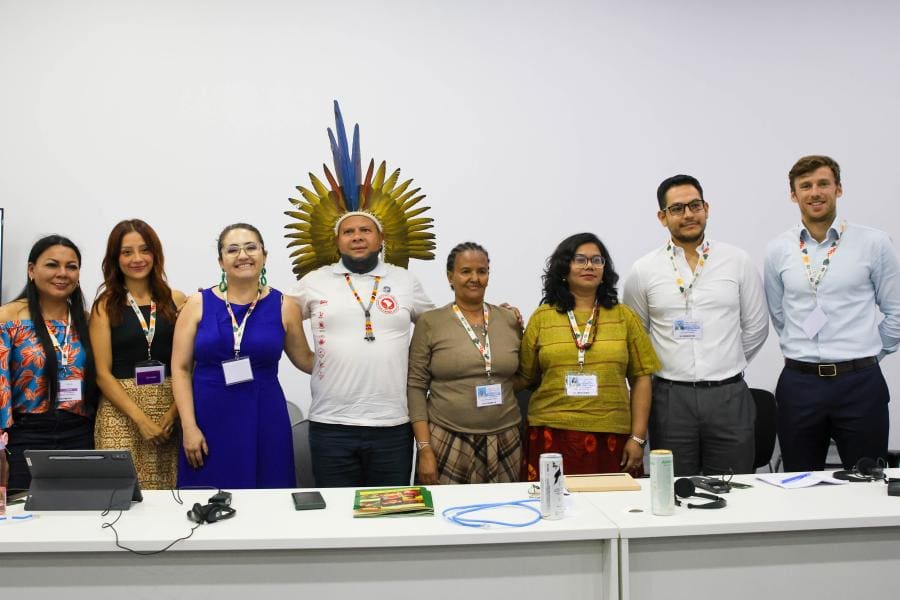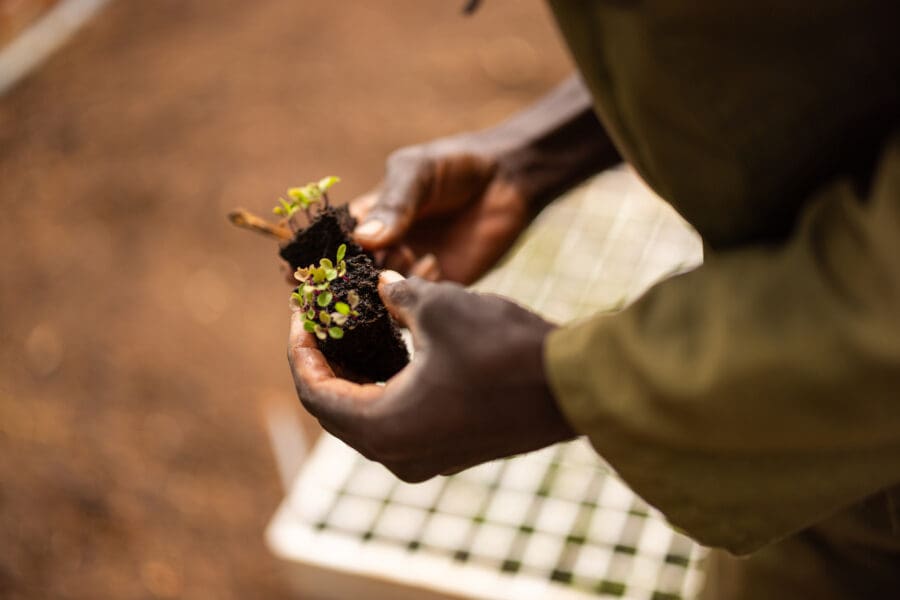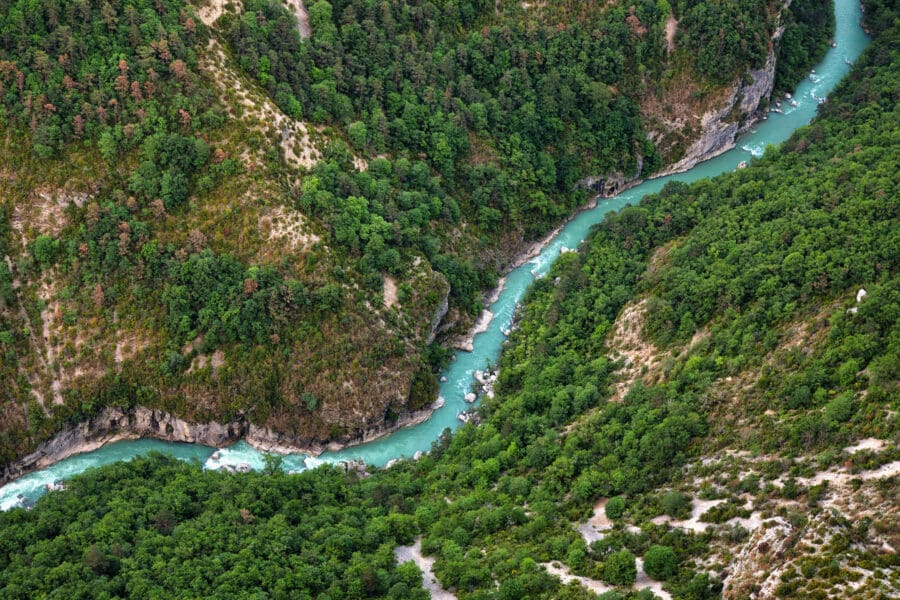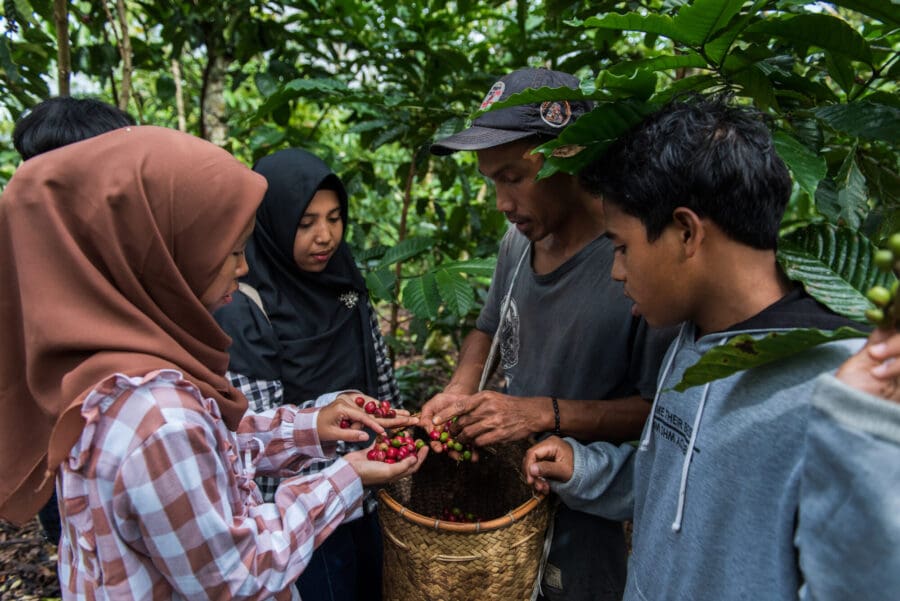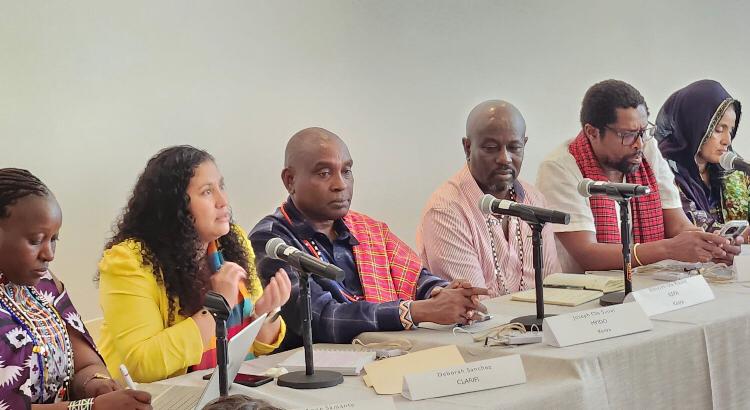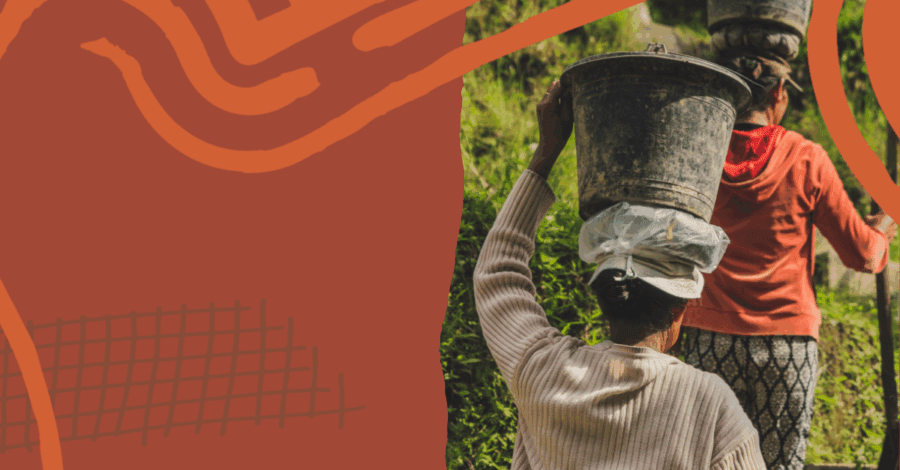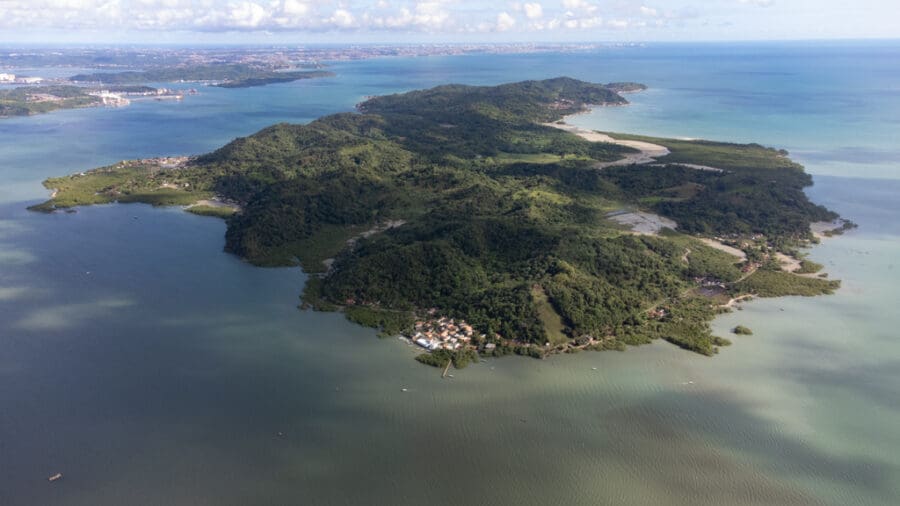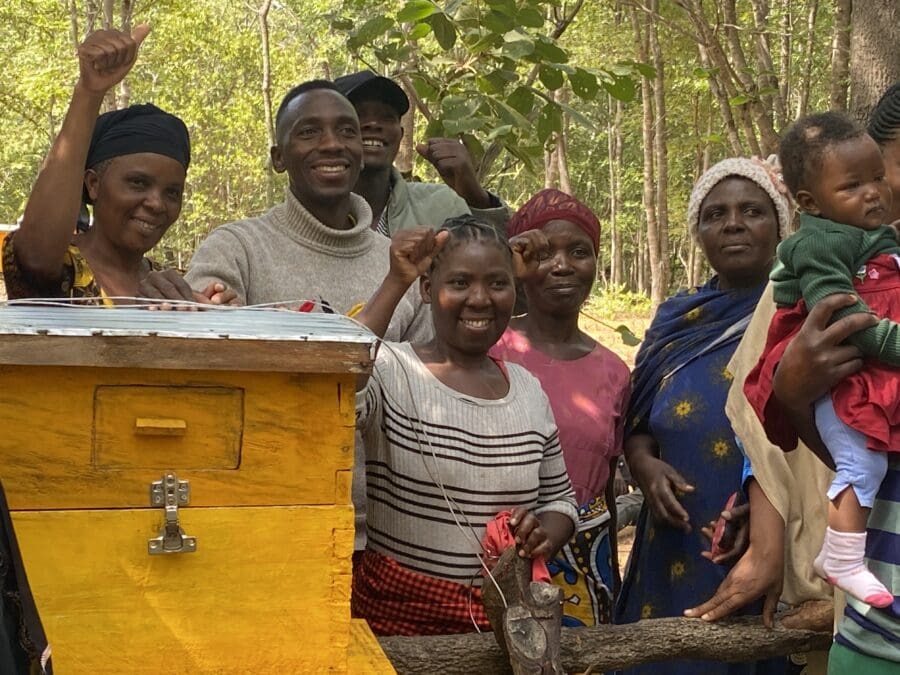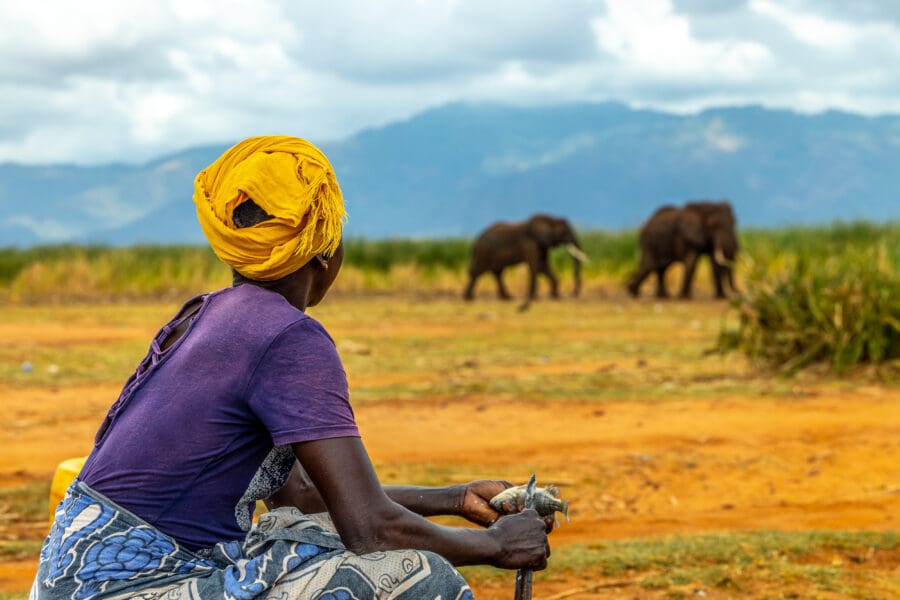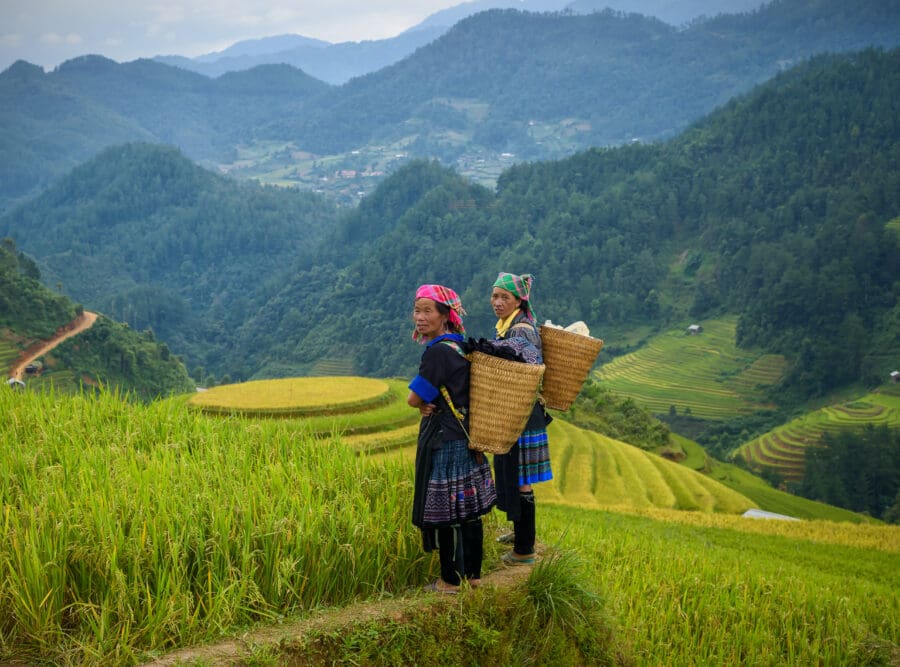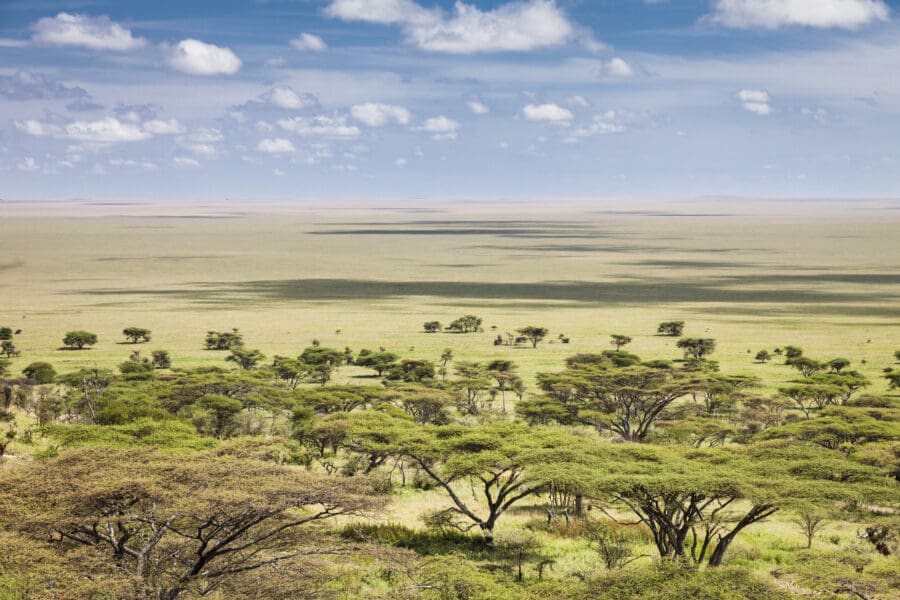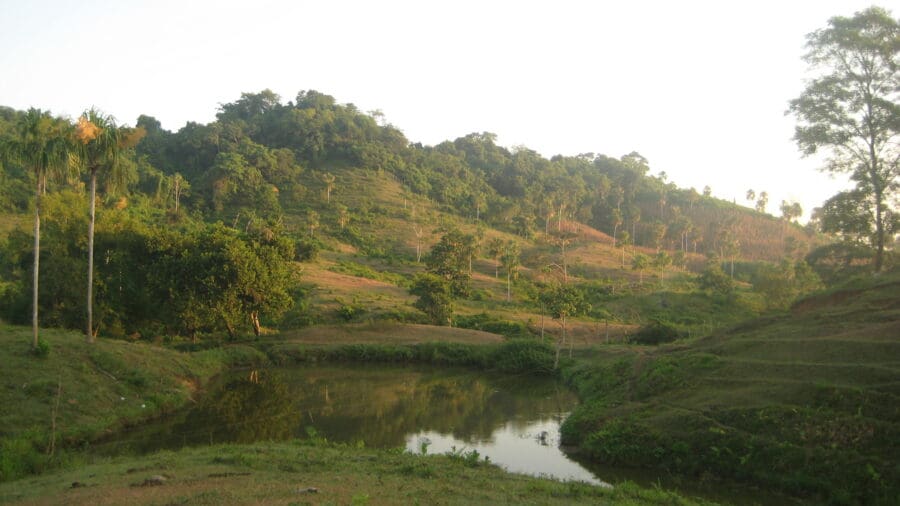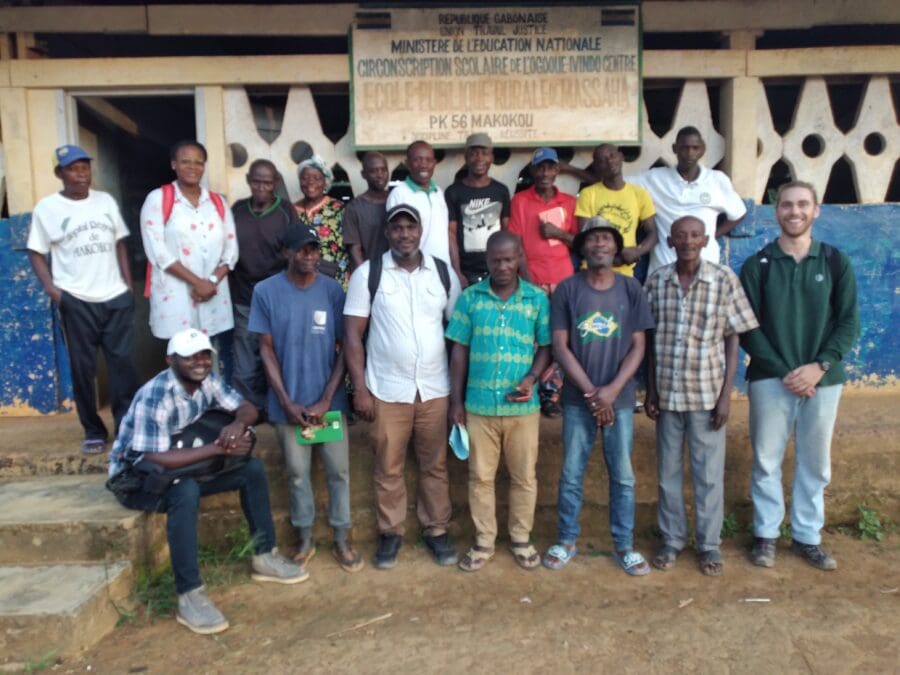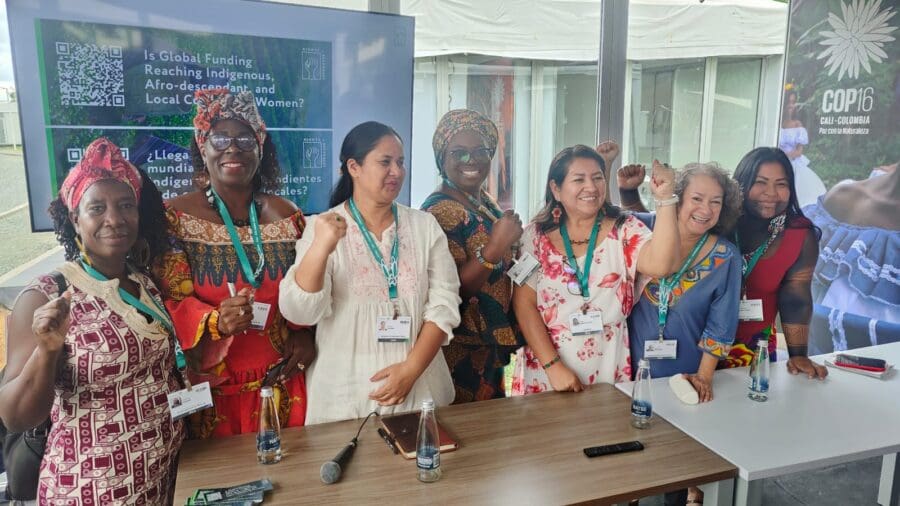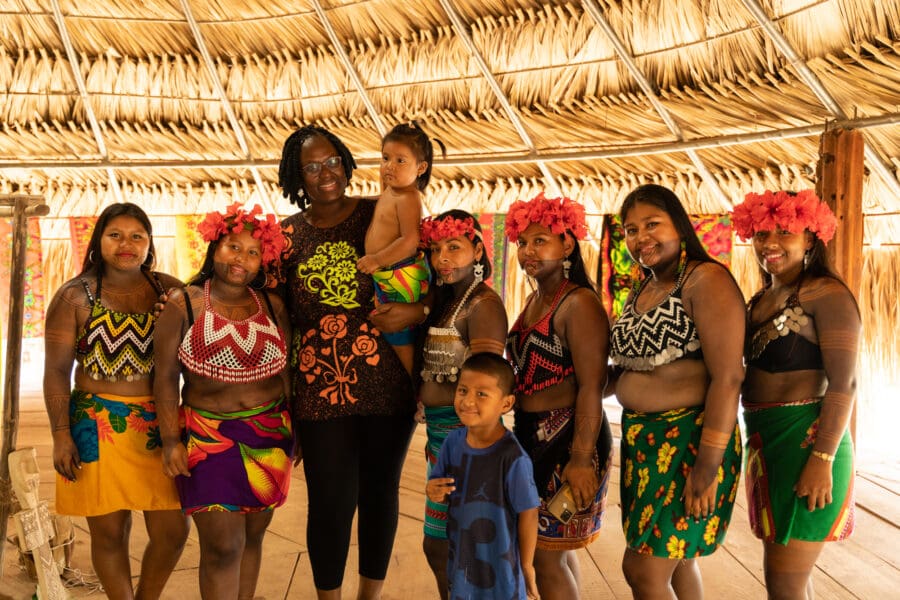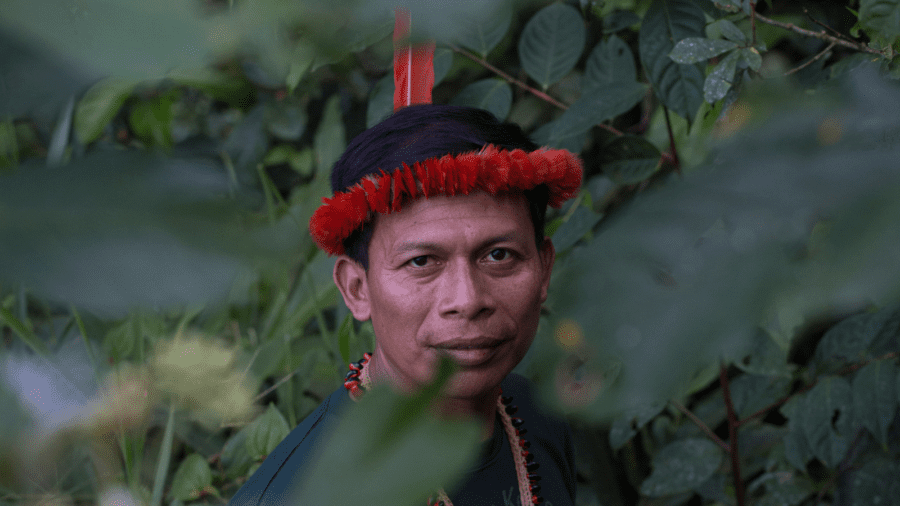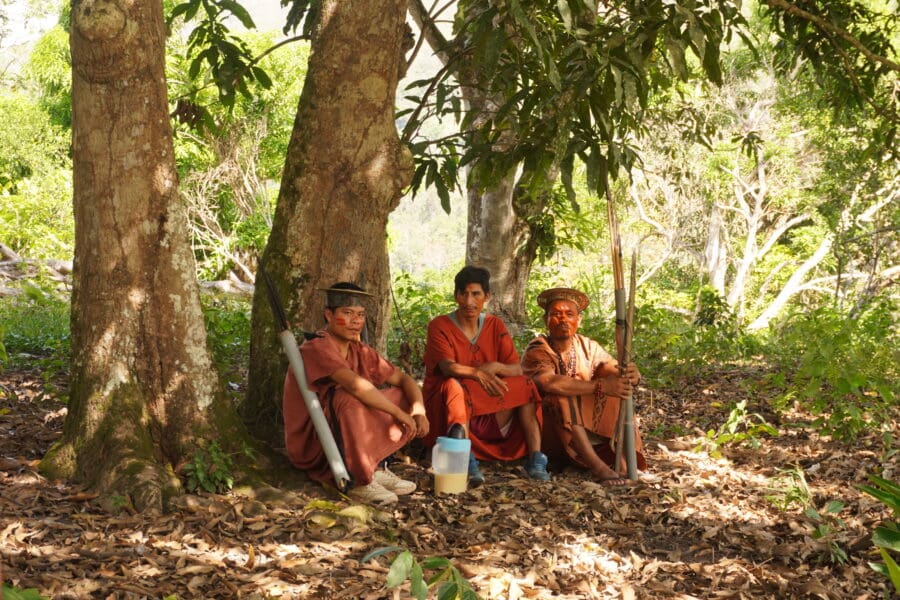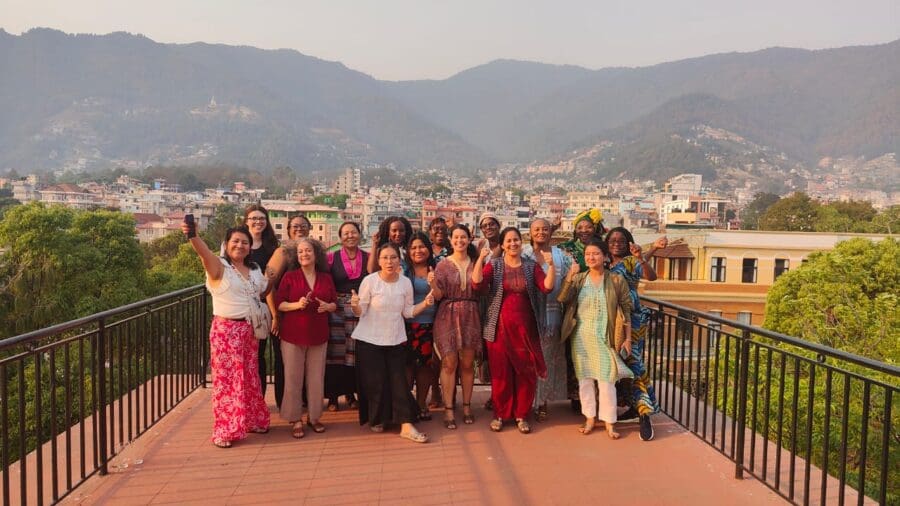Local communities across Latin America, Africa, and Asia made key advances in increasing their effective representation in global climate negotiations and policies at the recently concluded 30th UN Climate Change Conference.
At the recently concluded COP30, the central role of tropical forests and the Indigenous, Afro-descendant, and local communities that protect them was firmly in the spotlight. Despite ongoing challenges, the climate summit delivered tangible, measurable gains for communities and local forest stewards, ranging from landmark land recognitions to new funding initiatives and international collaborations.
For the first time in over 30 years of global discussions on the climate agenda, the United Nations Framework Convention on Climate Change and the Caribbean (UNFCCC) has referenced Peoples of African descent in core negotiation documents released at the conclusion of the meeting, including texts on Just Transition, Gender Action, and the Global Goal on Adaptation.
Climate change negotiators meeting in Brazil for COP 30 will face intense pressure to agree on indicators to measure adaptation and a roadmap to quadruple the new collective quantified goal on climate finance.
As the world moves toward COP30 in Belém, Brazil, countries are in the process of updating their Nationally Determined Contributions (NDCs)—the key national plans that define climate goals, strategies, and financing needs under the Paris Agreement. In this crucial context, RRI released a two-phase study in September and October 2025, analyzing current NDCs of 25 countries across Latin America, Africa, and Asia.
As the global community prepares for UNFCCC COP30, hosted for the first time in the Amazon region of Brazil, the Rights and Resources Initiative (RRI) and its coalition of over 200 partners, collaborators, and allies have been sending a clear and powerful message for months: Earth’s #DefendersLeadTheWay on climate action.
Novo relatório mostra progresso inconsistente em nível nacional em relação aos direitos de posse de terras para Povos Indígenas, Povos Afrodescendentes e comunidades locais
During Climate Week NYC 2025, RRI and partners amplified Indigenous, Afro-descendant, and local community voices—advancing rights-based climate action and equity ahead of COP30.
New report shows inconsistent domestic progress on tenure rights for Indigenous Peoples, Afro-descendant Peoples, and local communities
These are the three communities that are leading global efforts to protect nature and preserve traditional knowledge for future generations.
We declare that there is no solution to the climate crisis without the recognition and protection of our territorial rights. Here, we present our priority demands and urge the Brazilian Presidency of COP30 to present concrete results for the respect, recognition and protection of our territories.
There are 13,318 villages in Tanzania, and of them, only 34% have a Village Land Use Plan (VLUP). A VLUP is a crucial prerequisite for obtaining a Certificate of Customary Right of Occupancy—the equivalent of securing land tenure. This can be especially important for women, who are often marginalized in land inheritance, lack access to credit services, and have little voice in disputes. Since 2021, the Ukijani project has helped issue more than 1,700 Certificates in villages throughout the country.
Decades after the world adopted what continues to be the most comprehensive roadmap for women’s rights, RRI’s latest report highlights enduring challenges in securing the rights of Indigenous, Afro-descendant, and local community women.
Have you ever wondered why people experiencing poverty in rural areas of the Global South tend to have insecure land tenure? If you have, you may have rightly concluded that the greed of powerful actors and colonialism are an important part of the story. But this barely begins to describe the forces that have strengthened and weakened tenure security across time for those with little voice and power.
As the fight for climate justice continues, acknowledging the connections between land, water, ecosystems, and human communities is critical for the realization of positive and lasting change.
This was by far the largest UNCCD CoP to date (the previous CoP15 in 2022 had 7,000 participants), but even in an increasingly crowded space, Indigenous voices rang loud and clear, achieving several important breakthroughs.
After decades of being omitted from the UN’s biodiversity convention, Afro-descendant Peoples in Latin America and the Caribbean got great news at the 16th Conference of the Parties to the UN Convention on Biological Diversity (CBD) recently held in Cali, Colombia.
A new Afro-descendant Atlas, launched at the UN CBD CoP16, showcases for the first time the ancestral territories, rural settlements, and collectively owned lands of Afro-descendant Peoples across 15 countries in Latin America and the Caribbean.
Gabon’s Massaha communities are documenting the rich biodiversity stored in their ancestral territories to demonstrate the transformative power of community-led conservation. Can they help one of the world’s most forested countries conserve 30% of its biodiversity by 2030?
A new study examining the state of global financing for Afro-descendant, Indigenous, and local community women launched at the UN CBD COP16 addresses a crucial lack of data on gender equity-focused funding and was launched by the Rights and Resources Initiative and the Women in Global South Alliance.
This op-ed by Omayra Casamá and Sara Omi was originally published in Spanish in El País. A sustainable future is one where the voices of Indigenous, Afro-descendant, and local community women are not only heard but are integral to the implementation of meaningful conservation and climate change actions.
A report aims to influence the localization agenda and improve bilateral policies and practices to ensure that more direct, fit-for-purpose support reaches Indigenous Peoples, local communities, and Afro-descendant Peoples and their supporting organizations to secure tenure rights and conserve key ecosystems and biodiversity.
On July 14, the body of Mariano Isacama Feliciano was found on the bank of the Yurac River, a tributary of the Amazon in the Peruvian department of Ucayali. Isacama Feliciano was a human rights defender from the Katkataibo Indigenous People and had been working with his community to resist the presence of illegal loggers before his death.
The Women in Global South Alliance (WiGSA) hosted its second strategic meeting in Kathmandu, Nepal from April 30–May 2, 2024. Armed with a feeling of sisterhood and common purpose, women leaders from 11 countries across Asia, Africa, and Latin America overcame jet lag to meet in person to discuss strategies on how best to support the women and girls they represent.


